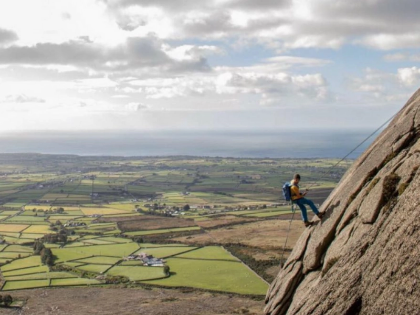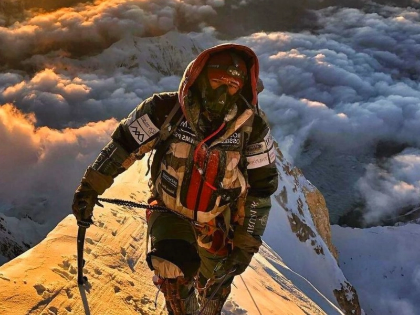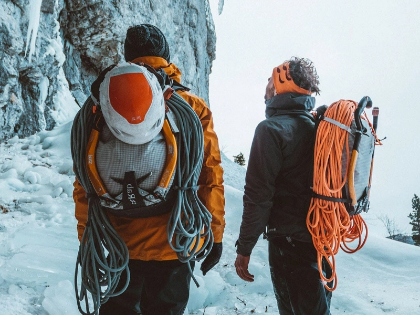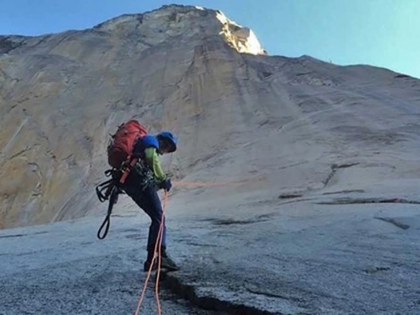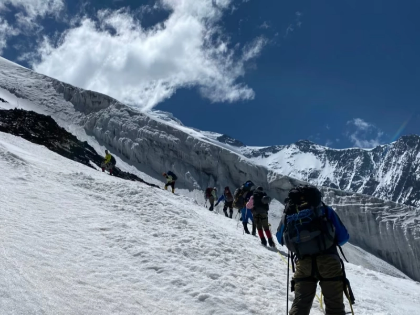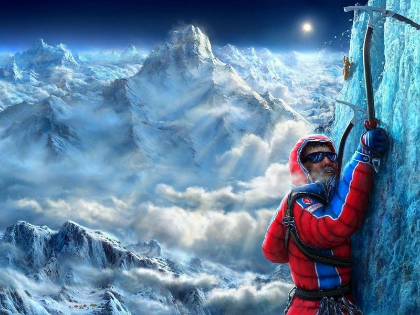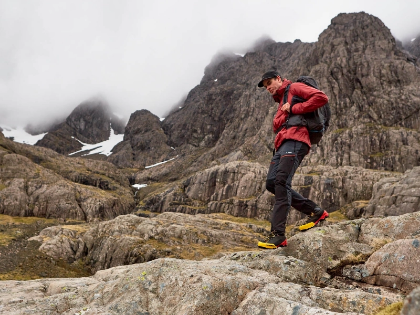Climbing is the sport of mountaineering.
Climbing is part of the sport of mountaineering. It's a risky sport that takes a lot of talent and training. Its excitement stems from the rush of testing one's resiliency, intellect, strength, and endurance in a perilous setting.
It is not the same as alpinism, which emphasizes light and quick ascents. Acclimating to a different peak before making the last push to the top is a common practice for mountaineers.
It’s a sport

Climbing mountains is a sport known as mountaineering. Even though there are some competitive elements, it is primarily recreational. Typically, competitions involve the recording of the first ascent of a given mountain or a particular route to the summit.
With the most recent gear, climbers can reach even the hardest summits. Climbing skills have also advanced significantly. For instance, ferratas, which are steel lines that help people climb steep terrain, are growing in popularity. Without the use of crampons and ice picks, mountaineers may now navigate hazardous terrain with this new equipment.
Apart from being an enjoyable and demanding activity, mountaineering fosters interpersonal bonds. This is due to the fact that most mountaineers go in groups rather than alone. Throughout the process, they converse with one another as well, and they could become friends with anyone they encounter. We benefit mentally from this kind of social connection. It teaches us to keep going when things get difficult and to take things one step at a time.
It’s a hobby
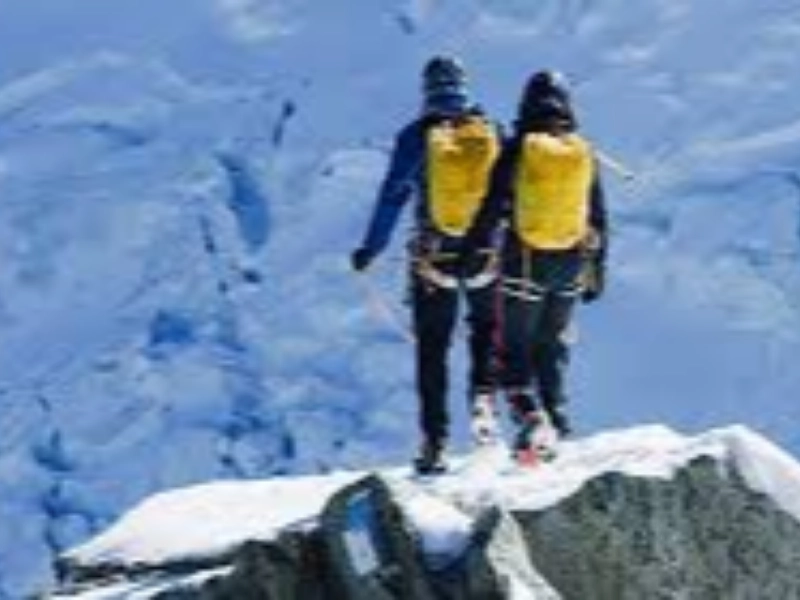
A collection of activities involving climbing mountains is called mountaineering, sometimes referred to as alpinism or mountain climbing. It can involve ferratas, ski mountaineering, and conventional outdoor climbing. It differs from hiking or trekking in that the main goal of the former is to reach a mountain's summit.
In contrast to other extreme sports, climbing is particularly well-suited to be a lifetime pastime. Mountaineering offers a fresh adventure with each climb, unlike base jumping or cliff diving, which can be enjoyable the first few times. Additionally, the sense of accomplishment that comes from completing each climb is unmatched.
In addition, mountaineering is a way of life rather than merely a sport. People can escape their sedentary lifestyles because spending several hours in the mountains can provide an excellent physical workout. They can increase their strength, stamina, and agility from the encounter. They may even become healthier and have an enhanced immune system as a result.
It’s a way of life
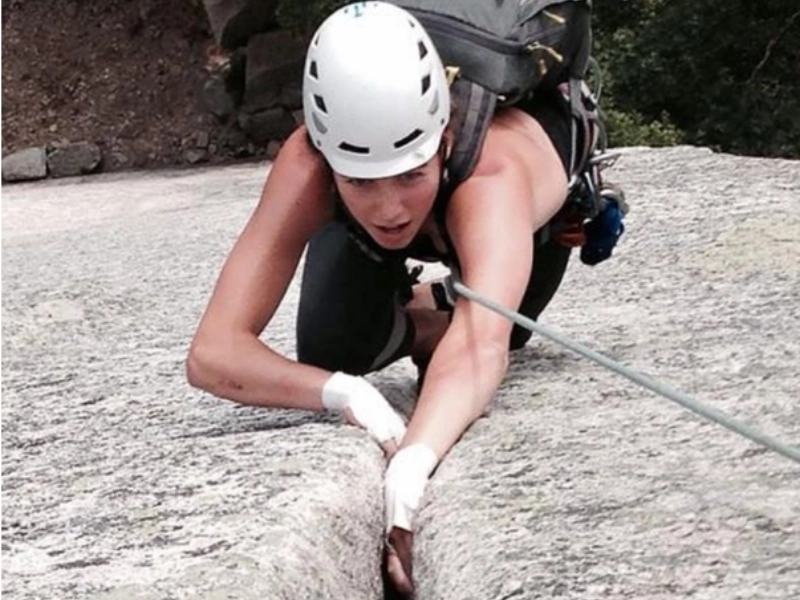
In a high-stress society, mountaineering can be a fun and beneficial outdoor activity. Climbing might help you decompress by getting you outside and concentrating on strategy. It also promotes social contact with individuals who have similar values.
Mount Everest climbing demands perseverance and patience. A summit day may last up to sixteen hours, and each stage needs to be done in digestible, manageable portions. Both physical and mental endurance are enhanced by this.
Mountaineering is an activity that encompasses many distinct aspects, such as skiing, ferratas, and classic outdoor climbing. Hiking and trekking are less demanding and less technical than this sport, which takes place at elevations of 20,000 feet. It calls for a great deal of planning and prior experience. It also entails traversing hazardous areas such as whiteouts and crevasses for inexperienced hikers. It's a gratifying endeavor that may be thrilling and risky for the experienced. It might even alter one's life. Conquering a peak leaves a lasting exhilaration.
It’s a challenge
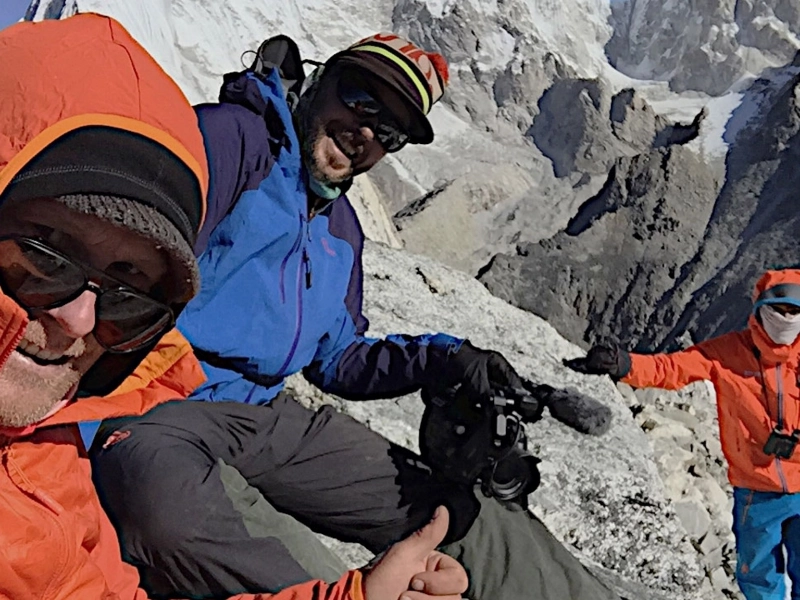
Hiking is not nearly as serious as mountaineering. It takes a lot of patience and preparation. High levels of athleticism and technical climbing abilities are also necessary. It often takes place in the outdoors, far from populated areas, and may involve rock climbing, ice climbing, or scrambling.
It's a potentially risky sport. On icy mountains, climbers must negotiate crevasses and whiteouts. Reaching the summit and taking in the view of a world dominated by nature is the prize.
Even if it has its difficulties, mountaineering can be quite fulfilling. No other sport or activity compares to the sense of accomplishment it provides. Mountaineering not only gives you a sense of accomplishment but also enhances your health. It is a full-body exercise program that improves your heart and lungs and promotes overall health. Additionally, the exercise prepares your brain for learning. The hippocampus, the part of the brain responsible for memory, has more synapses after engaging in this exercise, according to Dr. John J. Ratey's book Spark: The Revolutionary New Science of Exercise and the Brain.

